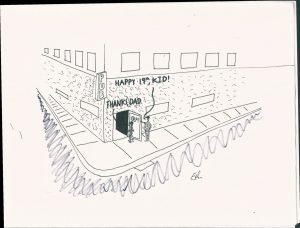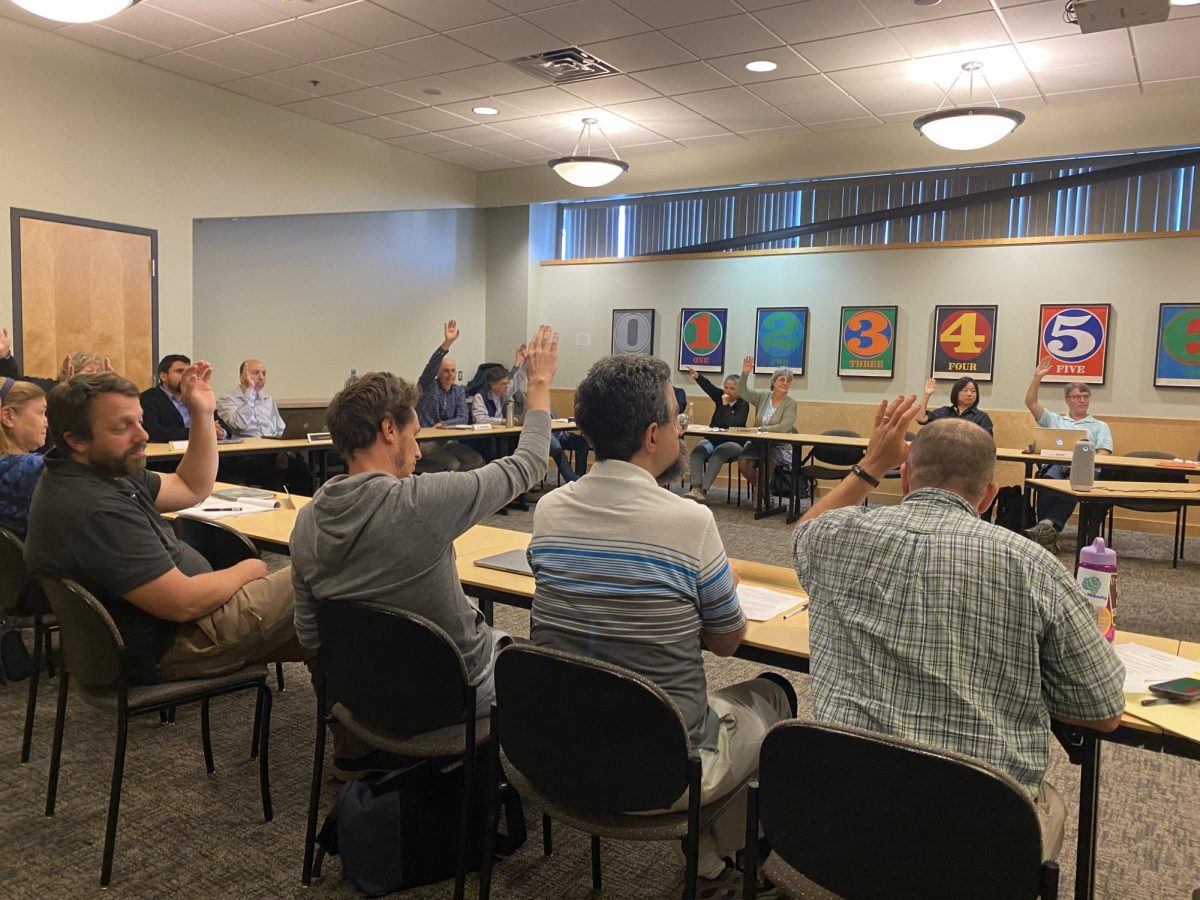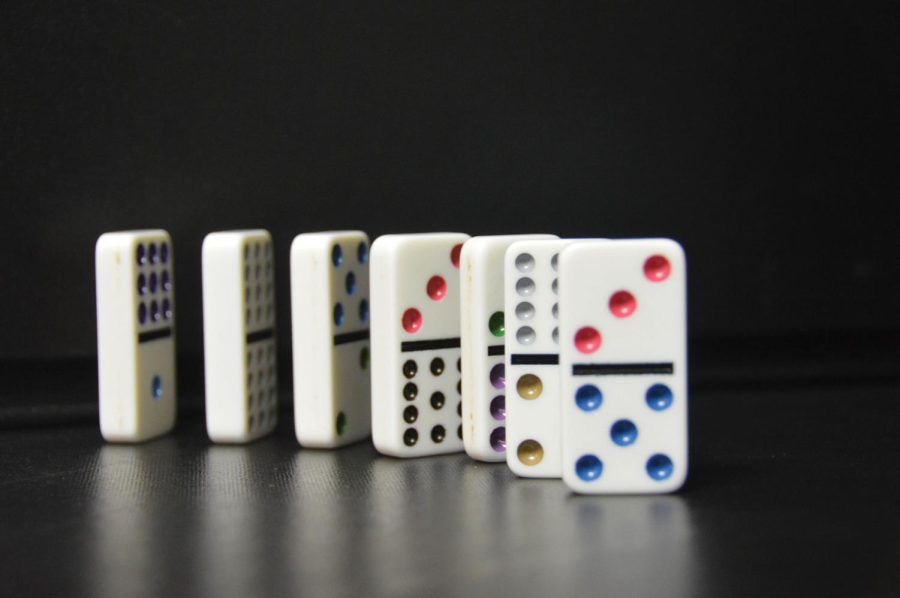[media-credit id=276 align=”alignnone” width=”300″] [/media-credit]
[/media-credit]
Underage drinking is a common occurrence on college campuses. However, the new Wisconsin bill proposed to lower the drinking age to 19 may have a positive effect on decreasing underage drinking.
This bill was proposed on Nov. 8 by three Republican representatives. They have stated they proposed the bill for many reasons, including that 19-year-olds can fight for their country but they can’t drink alcohol, and the lowered drinking age would allow police to focus their time on other issues like drug abuse and sexual assaults.
There is no set time when the bill would go into effect as it is not supported by the Republican Assembly Speaker, the leader of the Senate or by Gov. Scott Walker.
This lowered drinking age would mean some freshmen and sophomores in college won’t have to buy fake IDs in order to sneak into bars any more. Not only does buying a fake cost money, but the fine for getting caught with a fake in Wisconsin is a minimum of $100 for the first offense. However, the second and third offenses can cost up to $500 each.
More importantly, students would be more likely to get help if someone under 21 is displaying signs of consuming too much alcohol.
Too often at parties, binge drinking occurs, which can lead to alcohol poisoning, injury and sexual assault. When underage drinking is involved, people are hesitant to call 911 for help because they are afraid of getting in trouble.
Lowering the drinking age will allow partygoers to feel more comfortable calling for help if there is an emergency.
According to the National Institute on Alcohol Abuse and Alcoholism, researchers estimate that 1,825 college students between 18 and 24 die each year from alcohol-related injuries.
They have also found that 696,000 students between 18 and 24 each year are assaulted by another student who has been drinking. Also, 97,000 students between 18 and 24 each year report experiencing alcohol-related sexual assault or date rape.
Not everyone agrees lowering the drinking age will be a good thing, though. In fact, UW Oshkosh junior Kim Boyer said she believes lowering the age may cause drinking to become a larger problem within colleges.
“Honestly, drinking is already a big problem in Wisconsin, and lowering the legal drinking age would just increase these problems,” Boyer said. “There’s already underage drinking in college. If this was legal, the amount of drinking would increase. Though it might help those underage practice safer drinking, I believe it would lower the academic performance of younger students overall.”
While there may be some negatives to lowering the drinking age, there will be more positive effects in the long run.
UWO campus chief of police Kurt Leibold said some pros of lowering the drinking age are that it will be easier to regulate student drinking because they will be served by trained bartenders rather than friends.
“It is easier to regulate drinking in a tavern than in the basement of a house,” Leibold said. “Licensed bartenders are trained to not over serve patrons and usually will provide transportation options for patrons who have overindulged. [Also] Pub Crawl might shift from house parties to an actual organized pub crawl event.”
In the long run, lowering the drinking age would be a good thing. College students living in residence halls will have fewer penalties for having alcohol in their rooms since there will be fewer underage students, students will be able to get over the thrill of being able to drink sooner and fewer students will get written up for underage drinking.














